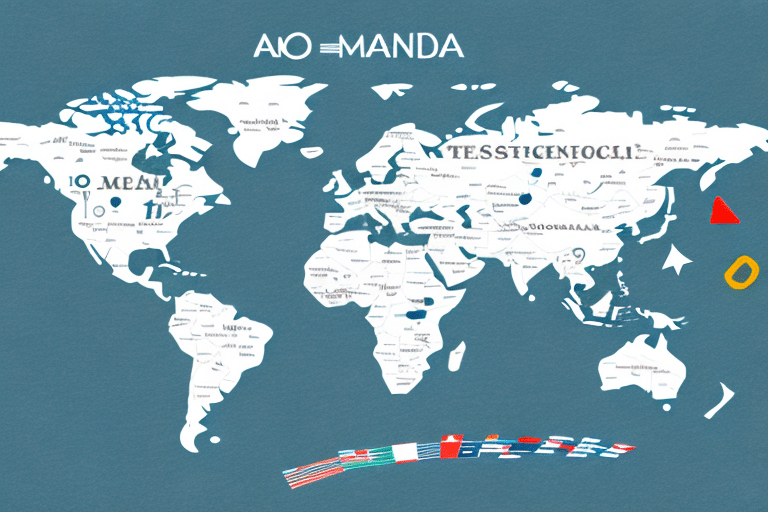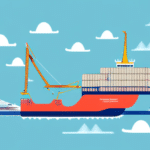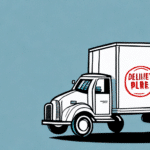What Is a FOB Destination Point?
In the realm of international trade and shipping, understanding key terms is essential for efficient operations and cost management. One such term is FOB Destination Point. This shipping term delineates the responsibilities and costs associated with the transportation of goods from the seller to the buyer.
Understanding FOB Destination Point
FOB stands for Free on Board, a term widely used in shipping agreements to specify when ownership and liability of goods transfer from the seller to the buyer. In the context of FOB Destination Point, ownership transfers only when the goods arrive at the buyer's designated location.
- Ownership Transfer: Occurs at the buyer's location.
- Seller's Responsibility: Covers all transportation costs and risks until delivery.
- Buyer's Responsibility: Assumes costs and risks post-delivery.
FOB Destination vs. FOB Origin: Key Differences
The primary distinction between FOB Destination and FOB Origin lies in the point of ownership transfer.
- FOB Origin: Ownership and risk transfer when goods are shipped from the seller's location.
- FOB Destination: Ownership and risk transfer upon arrival at the buyer's location.
Choosing between these terms affects who bears the transportation costs, insurance, and liability during transit. For a detailed comparison, refer to the Investopedia FOB Guide.
Advantages of FOB Destination Point
Opting for FOB Destination offers several benefits to businesses:
- Buyer Protection: Seller is liable for goods until they reach the buyer, reducing buyer's risk.
- Cost Management: Consolidates transportation costs under the seller's responsibility.
- Streamlined Logistics: Simplifies the shipping process for buyers, who can focus on post-delivery activities.
Disadvantages of FOB Destination Point
Despite its advantages, FOB Destination may present some challenges:
- Higher Costs for Sellers: Sellers may incur increased shipping and insurance expenses.
- Potential for Delays: Responsibility for shipping over extended distances can lead to longer delivery times.
- Dispute Risks: Disagreements may arise over liability in cases of damage or loss during transit.
Is FOB Destination Right for Your Business?
Determining whether FOB Destination aligns with your business needs involves evaluating several factors:
- Shipping Volume: High-volume shipments may benefit from consolidated shipping under FOB Destination.
- Risk Tolerance: Assess your company's ability to manage risks associated with transportation.
- Cost Considerations: Analyze the impact of shipping costs on your overall budget.
Consulting with a logistics expert can provide tailored insights. For comprehensive guidelines, visit the International Chamber of Commerce on Incoterms 2020.
Choosing the Best Shipping Terms for Your Business
Selecting the appropriate shipping terms is crucial for optimizing supply chain efficiency and managing costs effectively.
- Assess Your Supply Chain: Understand each link in your supply chain to identify optimal shipping terms.
- Evaluate Carrier Performance: Partner with reliable carriers to ensure timely and safe deliveries.
- Consider Flexibility: Choose terms that allow for adjustments based on market dynamics and business growth.
For deeper insights, explore resources from the Supply Chain Digital.
Best Practices for Implementing FOB Destination
Implementing FOB Destination effectively requires strategic planning and execution:
- Clear Contract Terms: Define all responsibilities and expectations in the shipping contract.
- Insurance Coverage: Ensure comprehensive insurance to mitigate risks during transit.
- Tracking and Visibility: Utilize tracking technologies to monitor shipments and manage any issues proactively.
Leverage technological advancements by integrating systems from providers like ShipScience to enhance shipment tracking and management.
Conclusion: Making the Right Shipping Choice
Choosing FOB Destination Point can significantly impact your business's logistics and financial efficiency. By thoroughly evaluating your company's needs, understanding the nuances of shipping terms, and leveraging expert resources, you can make informed decisions that enhance your supply chain operations.
For further reading on shipping terms and their implications, refer to the U.S. Department of Commerce's Trade Resources.






















